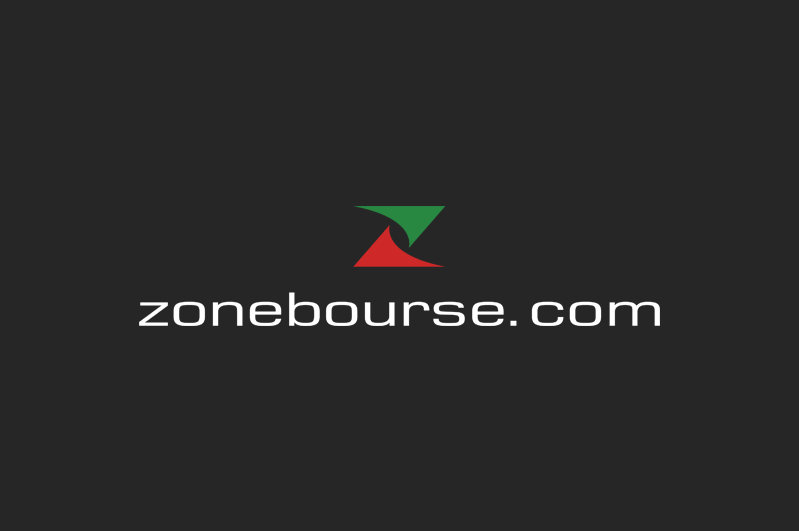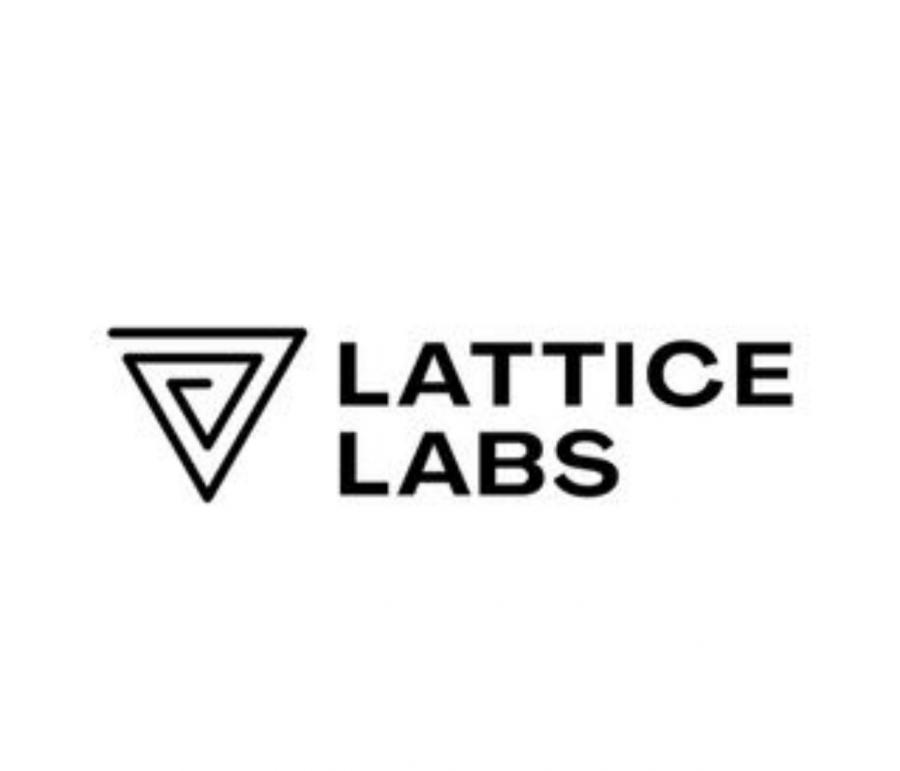Blockchain as a provider of trust in the energy sector


Image by xresch from Pixabay
Blockchain enables new business models, but also requires new data responsibilities and hardware requirements, says a report from the Global Blockchain Business Council (GBBC).
The report, prepared with Australian blockchain pioneer Powerledger in the energy sector, states that commitments to meet the Paris Agreement highlight the need for new business models in the energy market, where blockchain technology can greatly facilitate real-time data management and verify the authenticity of decarbonisation. claims.
Blockchain technology also ensures that unauthorized changes are not made once they are verified.
The report describes the rise of blockchain and its applications as one of the most striking innovations of the past 10 years, highlighting how the technology can enable trust in the digital world with a trustless system based on an open and immutable distributed data store.
Have you read?
The world’s first eSIM for secure data exchange for smart networks
Blockchain in Europe’s energy sector – policy and regulation
This ledger is updated as new records are added with all participants in the network having access to the latest version.
With trust in the use of energy resources key to their governance, a transparent and enhanced ledger with blockchain technology could facilitate a wider range of transactions supporting energy distribution and trade, improving access to clean energy and accountability in the process, the report said .
Democratization can also put individuals at the center of the energy transition, by awarding incentives and economic benefits to individuals and underrepresented communities by enabling fractional ownership of energy resources, empowering individuals in their energy consumption choices, peer-to-peer trading and energy investment opportunities at the retail level.
The report identifies seven energy sector use cases for the blockchain:
● Peer-2-peer (P2P) trading of decentralized energy
● Local energy markets
● Demand response and wholesale energy market trading
● Certificates for renewable energy (REC)
● 24/7 carbon-free energy
● Measurement and invoicing
● Network management
● Charging an electric car.
In conclusion of the report, Blockchain technology for the energy sector, states that the green energy transition will benefit from a predictable source of clean energy that is transparently accounted for and easy to manage. A transparent platform is the key to managing the web securely and efficiently.
The conclusion also addresses two issues that are not usually discussed. One is about responsibility in a decentralized economic model with responsibility for custody and storage using virtual wallets lying on the individual.
The second is about security, with security likely to move to individual customers and the digital wallets they use to conduct transactions. It is likely that new hardware and software will be designed, either or both by phone companies and blockchain companies.
An example is Solana’s soon-to-be-released Android web 3-enabled SAGA mobile device, including Solana blockchain integration.
With the trend towards decentralized data, both software and hardware, e.g. phones, with the highest level of security and reliability be in demand. In this context, a race to make phones and other necessary equipment to facilitate web 3.0 will be inevitable, the report suggests.
























